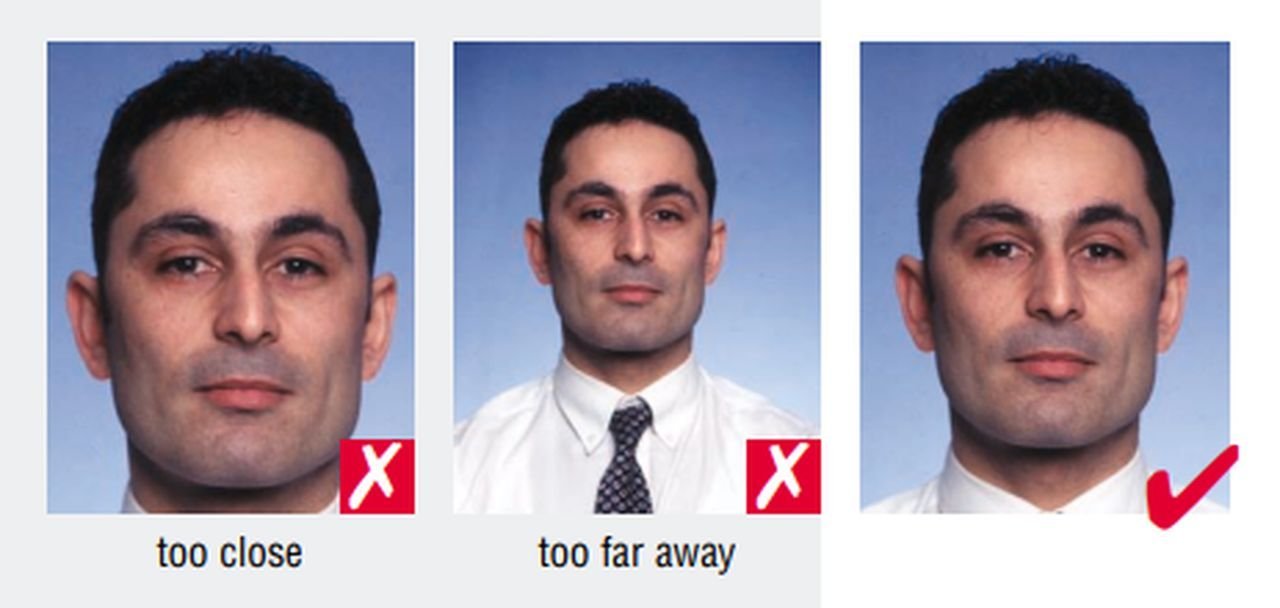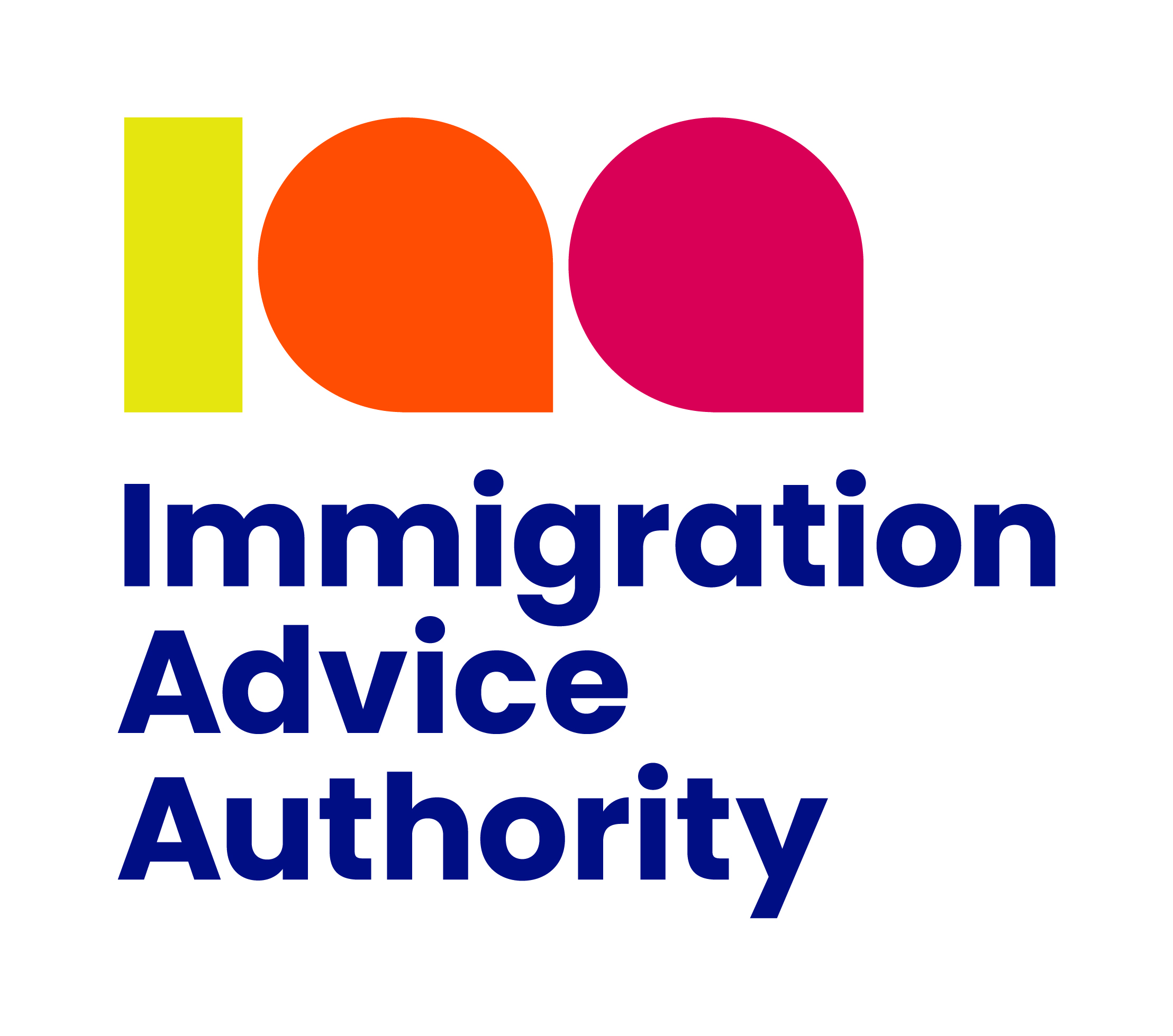
Schengen visa requirements
Schengen visa requirements
Planning a trip to Europe? Understanding Schengen visa requirements is key to a smooth application process. From must-have documents to financial proof and travel insurance, this Global Law guide covers everything you need to get approved—and avoid common mistakes.
All Schengen visa requirements you should know
Whether you're traveling for leisure, business, or visiting family, getting your EU paperwork right is essential.
Mandatory Schengen visa requirements
Every Schengen visa applicant must submit the following essential documents:
Completed Schengen Visa Application Form: Must be filled out in capital letters and signed.
Passport: Your passport must:
Be valid for at least three months after your departure date.
Have been issued within the last 10 years.
Contain at least two blank pages for the visa.
Two recent passport-sized photos: Must meet Schengen visa photo requirements.

Visa for final destination country (if applicable): If traveling beyond Schengen, obtain this visa before applying.
Proof of visa fee payment: A receipt confirming payment of the Schengen visa application fee.
Supporting Schengen visa documents (Original + Copy Required)
In addition to the mandatory Schengen visa requirements, you must provide supporting evidence of your travel plans and financial status.
Flight itinerary or round-trip reservation:
Must clearly show entry and exit details.
Some consulates require a confirmed ticket before issuing the visa.
Proof of financial means: To prove you can financially support yourself during your stay, you must submit:
Recent bank statements (last 3 months) showing sufficient funds.
The minimum required amount varies by country, so confirm with the embassy.
Travel medical insurance: Must be valid in all Schengen countries and cover at least €30,000 for:
Medical emergencies
Hospitalization
Repatriation
Proof of accommodation:
Hotel reservation or
Invitation letter from a host (if staying with family/friends) – Some consulates require this document to be officially verified.
If part of a prepaid tour, submit proof of booking and payment.
Don't get lost in the visa requirements—let Global Law handle it for you!
Additional Schengen visa requirements for specific travelers
Business travelers
If traveling for business, you need:
Invitation letter from the company in a Schengen country.
Letter from your employer stating the purpose of the visit.
Conference registration and proof of payment (if applicable).
Minors (Under 18 years old)
Unabridged birth certificate.
If traveling alone – Notarized parental consent from both parents.
If traveling with one parent – Notarized consent from the other parent.
If one parent has sole custody – Court documents proving guardianship.

Even if you have a Schengen visa, your entry into a Schengen country is not guaranteed. Border officials may ask for additional documents like proof of funds, hotel bookings, an invitation letter, or travel insurance. If you fail to provide these, you could be denied entry.
Also, your Schengen visa application may be rejected if it is incomplete, missing documents, or if the visa fee is unpaid. For those traveling in groups, it’s best to apply early. Visa rules and fees can change, so it's best to check with the embassy or a visa agency before applying.
- Posted on: 07.02.2025
- By: Eray Eliacik
- schengen
About the author

Eray Eliacik
Eray is a seasoned writer and passionate traveler who has explored over 20 countries. With firsthand experience navigating visas and international travel, and a proven track record with reputable platforms like Dataconomy and Softonic, Eray now makes it easier for travelers to achieve their travel goals.
Related Articles

Austria visa: Application, appointment & everything you need to know
March 2nd, 2025
The Austria Schengen visa opens the door to stunning sights & culture. Explore now!

Belgium visa application, appointment & everything you need to know
April 12th, 2025
Learn how to apply for a Schengen Belgium visa, including types, requirements, fees, and tips for a smooth application process.

Bulgaria visa application, appointment & everything you need to know
April 17th, 2025
Learn about the Schengen Bulgaria visa, new entry rules, requirements, and tips for travelers planning to visit Europe.


